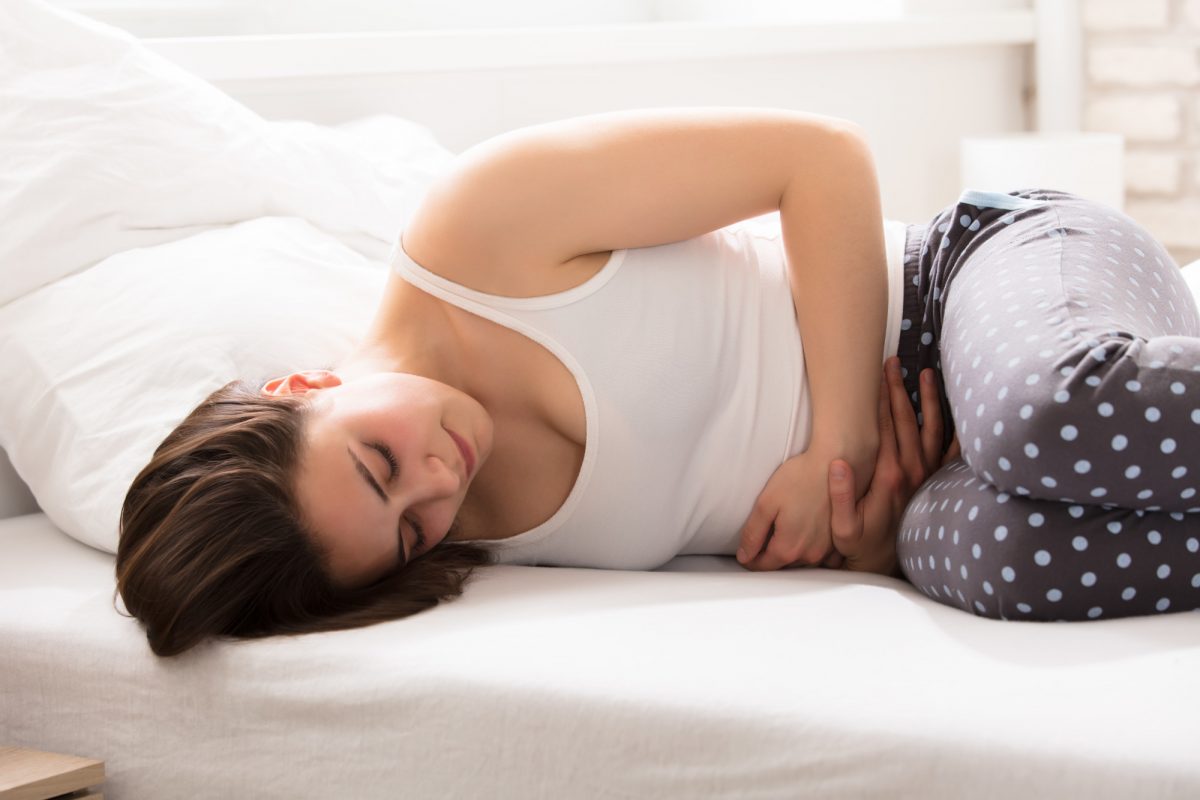Irritable bowel disorder is an issue that affects approximately 30 million adults in the United States. Out of those 3 million, many of them are individuals with Crohn’s disease.
As you may know, when a person has Crohn’s they have to be careful with their consumptions to avoid a bad reaction in their digestive system.
But you may be wondering what causes soft stool? Well, we’ll provide that information below. Read on to learn more.
What Causes Soft Stool?
Soft stool is a condition that most people face from time to time—some more than others. It’s important to know that there is a difference between having loose stools after eating versus having chronic loose stools.
Having soft stool after eating isn’t a long-term issue, and it might occur every once in a while. But chronic loose stool is a condition that could last for weeks on end.
Common symptoms of soft stool include the following:
- Soft or mushy stool
- Shapeless stool
- Watery/runny stool
- Constant trips to the bathroom
There are several contributing factors that trigger soft stool, such as:
Food Poisoning or Infections
Harmful pathogens like parasites, viruses, and bacteria can trigger food poisoning. As a result, you might experience soft stool because of the inflammation that the pathogens create.
Symptoms of food poisoning include stomach cramps, vomiting, fever, and nausea. In most cases, complications pass within a couple of days.
Irritable Bowel Syndrome
IBS is a condition that causes diarrhea and soft stool. It’s a disorder that affects the large intestines. People who have this disorder often experience stomach pain, bloating, gas, cramps, and soft stool.
Food and Drinks
Food and drinks can also contribute to loose bowels. If you’re wondering what causes soft stool, it’s usually sugar alcohols, fructose, and alcohol.
Plus, spicy food can also irritate a person’s digestive system. If you’re an individual with Crohn’s, then it’s important to avoid spicy food and follow a gut health diet.
Ulcerative Colitis
This condition is a chronic disorder that causes swelling within the digestive system. Because of this, many individuals with Ulcerative Colitis experience soft stool. They may also suffer from fatigue, cramps, weight loss, and rectal bleeding.
Crohn’s Disease
Chron’s is a serious condition that affects the digestive tract. Individuals with Crohn’s often have soft stool as one of their flare-up symptoms. Other side effects consist of vomiting, gas, fatigue, lack of appetite, and stomach cramps.
Myths Regarding Soft Stool
Now that you know what causes soft stool, it’s important to understand a few of the myths surrounding how to handle it and what triggers it. Here are a few inaccuracies:
1. Don’t Eat
A common misconception when it comes to soft stool is that if you don’t eat, then your runny bowels will stop. However, the opposite is true. Actually, your digestive system is more likely to recover if you continue to eat.
When you’re having problems with your digestive system, you may not have much of an appetite and that’s understandable. But you can always have small snacks that reduce your symptoms like rice or carrot soup.
2. Only Consume Liquids
Another common myth regarding loose stool is to only drink liquids like tea and broth. The misconception is that doing so helps the digestive system gradually work its way back to solid foods.
However, doing this prolongs the problem. Many liquids, like chicken or beef broth, consists of too much sodium. On the contrary, tea and soft drinks don’t have enough sodium.
Not to mention, some food and drinks such as Jello and Gatorade are often too sugary to consume. Sugar goes through the digestive systems and draws water and salt from the body.
As a result, individuals with soft stool also develop vomiting symptoms.
3. Pepper Causes Soft Stool
People experiencing soft stool or diarrhea are often told to refrain from eating pepper. The consensus is that eating pepper of any kind aggravates the digestive system.
However, pepper usually slows down bowel movements. But if you are an individual with Crohn’s and pepper triggers your Crohn’s symptoms, then avoid it.
What Should You Consume When Experiencing Soft Stool?
The best cure for soft stool is starchy food and liquids. Food such as potatoes, corn, wheat, and rice are most effective. You can also eat tapioca pudding, rice porridge, or lentil soup.
Starchy liquids are ideal for helping with nausea and vomiting and also reducing the amount of lost fluid.
Furthermore, eating yogurt that contains active cultures of beneficial bacteria is a great way to combat the issue. It’s effective in restoring balance if your loose stool is a side effect of antibiotics. By eating yogurt, it replenishes the good bacteria in your system.
Again, as a person with Crohn’s, you have to be conscious of what you eat so that you don’t suffer from flare-ups. If you’re experiencing soft stool, it’s a good idea to speak with your physician to get information on what food is best for treating the problem.
Also, if you take probiotics for your gut health, avoid making probiotics mistakes like taking them with hot drinks or caffeine. When you consume probiotics, drinking water is the best option.
Conquer Your Crohn’s Disease and Alleviate Soft Stool
We hope this article helps you understand more about what causes soft stool. If you are someone who suffers from Crohn’s disease, this website has the answers for you. We provide tons of informative content to help you manage your condition.
Our website includes information regarding the Crohn’s diet, educational studies, as well as effective probiotics that you can take for your condition. If you have any questions, feel free to contact us today.

No Comments